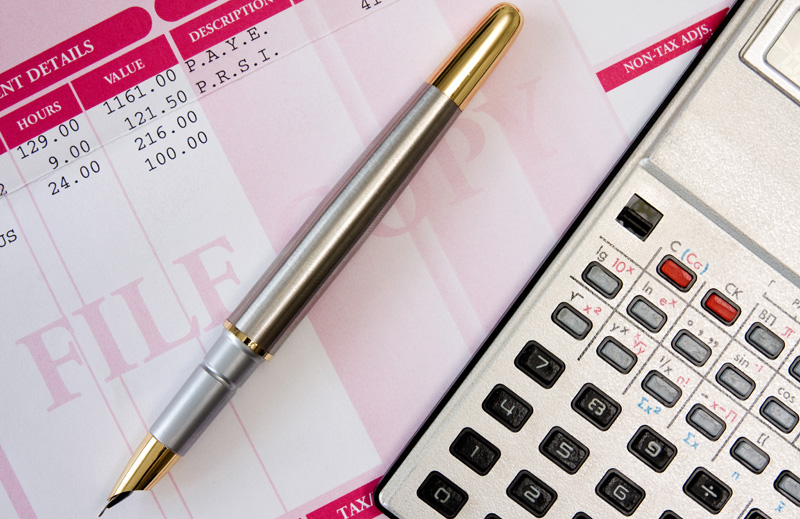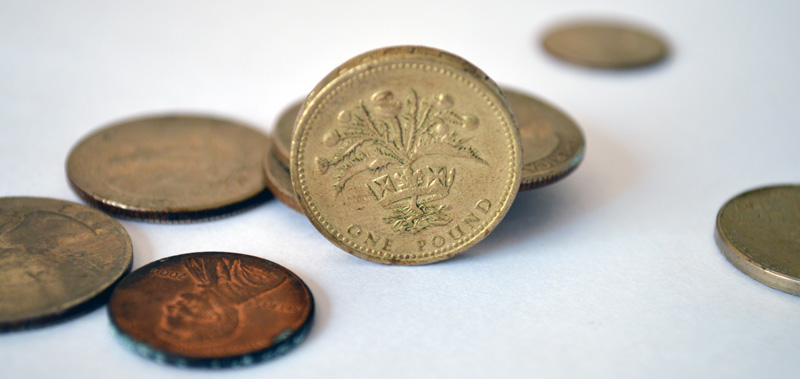How do I pay myself as a director?
Being a director can be an exciting prospect, you own a company and can steer it in any direction you want to. Youre in full control of how its run and how it operates. Receiving your first pay from the company can be even more exciting, especially if the business is doing well (although, this could take some time to materialise).
One thing that some find a bit confusing however is how does a director get paid? You're seen as an employee of the company, but you may not have a contract of employment.
How should I be paid?
It's important to remember that unlike a sole trader, a limited company is a separate legal entity from yourself. With a sole trader the profit is your income, but the same does not apply to the company. You can take money from the company, but it has to be done through an appropriate method.
There are two main ways a director can be paid:
- PAYE (Pay as You Earn)
- Dividends
When and how much is paid is largely down to the business itself, but there can be tax advantages of using one more than the other (we recommend speaking to an accountant about this).
PAYE (Pay as You Earn)
PAYE is the basic way to be paid. The scheme is operated by HMRC to collect taxes from employees. This is how you would normally receive your pay on a weekly, fortnightly or monthly basis if you were in any other form of employment. You would run a payroll, submit your figures to HMRC and pay you the net amount (your pay minus taxes).

You will first need to register for the PAYE scheme. HMRC will then issue you with an office and PAYE reference. Once you have this, you will need to start submitting reports known as Real Time Information (RTI) on or before each payday about each employee. But don't panic! You can learn more about payroll in our payroll basics blog post.
Directors are treated in a similar way to other employees with PAYE, but there are different methods to calculate the tax that needs to be paid. In fact, there are two methods to choose from - the standard method, or the alternative method.
You can learn more about both methods on the Gov UK website, but if you're unsure, it may be worth checking with an accountant.
Dividends
Unlike PAYE, dividends are only used to pay shareholders. If you're a director, there's a chance you're also a shareholder.
What is a dividend?
A dividend is paid to shareholders, and can only be paid when the directors agree to do so, and when the company has made a profit. Typically it's paid once or twice a year, but it is up to the directors if and when to paid a dividend.

How do I issue a dividend?
There are a few points to the basic procedures for issuing dividends:
- Ensure that the company has enough profit available to allow the dividend to be paid.
- Using reliable accounting software, such as our sister company QuickFile, can help remove any doubt you have about this.
- Call and arrange a meeting of the directors and minute the decision and details of the dividend.
- Generate a tax voucher for each shareholder.
- A tax voucher is a simple statement which states the company and shareholder details, along with the individual's shareholding net dividend and tax credit.
- Issue the dividend payment and the tax vouchers. File the board minutes and accounts at your registered office or SAIL address.
That sounds confusing!
It may seem a bit complicated at first, but the more times you go through the process, the easier it becomes. Remember - dividends have their tax advantages and disadvantages; it's always worth checking with your accountant before making decisions.
PAYE or Dividends?
It's a good question, but the answer depends on circumstances in your company. In fact, many individuals chose to use a combination of the two.
Remember to always seek advice if you're unsure.
Further Reading
We've only touched base on some of the key points, but here are some useful links if you're still a bit unsure on where to go:
- Guide to PAYE and Dividends
- Accountant Directory
- Payroll Basics (Blog post)
- National Insurance for Directors
- 11 Dec 2025 - What happens if I miss my Company Deadlines?
- 28 Nov 2025 - Zombie Companies - Is Your Livelihood At Risk?
- 17 Nov 2025 - Is your Business Cost Effective?
- 10 Nov 2025 - How to Negotiate With Narcissists
- 03 Nov 2025 - Warning Signs Your Partnership May Not Work
